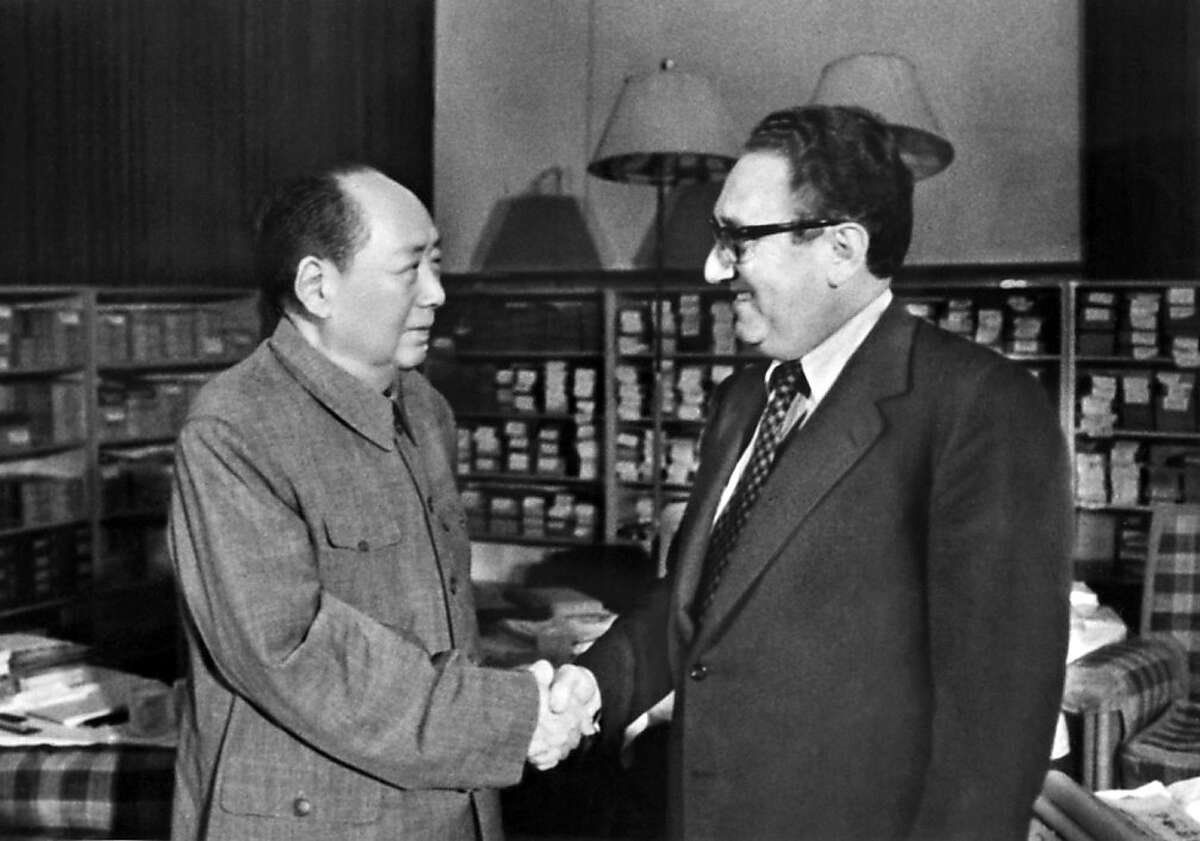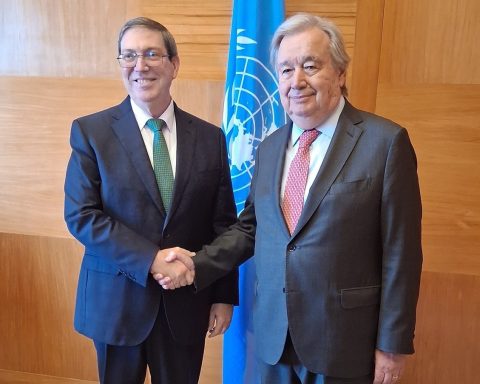The hostility between the Soviet Union and the People’s Republic of China that erupted in the 1960s was not a product of the rapprochement between China and the United States, but the other way around. That contradiction that shattered the political unity, the ideological cohesion and the theoretical paradigms on which Marxism-Leninism and the international communist and labor movement were based, was skilfully exploited.
Henry Kissinger saw the goldmine and, aware that the United States had what China needed (market, capital, and a powerful political interlocutor) and was not taking any risks, convinced the establishment North American. The maneuver led to the reestablishment of relations between China and the United States, the acceptance of the existence of “one China”, access to the UN and a seat on the Security Council. and to the World Trade Organization. The combination was perfect because everyone won.
American companies found a niche in China to place their surplus capital, leading a huge investment adventure, accessing a gigantic market, not only deficient in everything a society needs to consume to enjoy minimum well-being, but also in need of technologies, patents, know how, management procedures, advanced marketing techniques and other feats of capitalism that allowed the country to access the huge western markets and integrate into the global economy.
At the same time, the overseas Chinese, that is, those who one day emigrated or escaped and their descendants who, under the protection of capitalism, made their fortune in the United States, Western Europe, Japan, Hong Kong, South Korea, Macao, Australia and other sites, They found in the new Chinese economy the spaces and guarantees they needed.
In this way (succinctly discussed in this note), the Sino-Soviet dispute deepened, one of the most curious, relevant and negative phenomena for the socialist cause of the Cold War that was a gift to the West that exploited the confrontation in its favor. between the two heavyweights of international communism, which created a schism whose effects were devastating.
At this point, when trying to understand the causes that led to the remission of real socialism and the Soviet collapse is irrelevant, it is difficult to calculate the extent to which the pragmatism of China, who did not care what color the cat was, as long as hunted mice, influenced the reformist drift that led Gorbachev to abandon orthodoxy, renounce state monopolies and open spaces to the market. Perhaps more than a reference, China was a paradigm.
A radical difference between the two experiences lies in the ability to manage the enormous economic, social and ideological forces that the reform of socialism generates without breaking the foundations of the system, which is the control of social action by the party. communist that, in China, has never been in danger, while in the Soviet Union it was questioned by those who should have preserved it. In this, glasnost, a pillar of Soviet reform that China never implemented, may have been paramount.
A most relevant fact in those processes is that in its approach to the West, particularly the United States, the Soviet Union adopted its practices, some of its values, and made major concessions, a mistake that China did not make. It is not that the Asian giant has not drifted in that direction, but rather that it has done so cautiously, administering such processes in the exact doses.
On reaching 100 years of age, still lucid, Kissinger laments that the clumsiness of American diplomacy has repaired a damage that history created and has contributed to closing the gap between Russia (heir to the USSR) and China that are advancing towards consummation of an alliance that not only creates an entirely new political environment, but a political force of unprecedented potential. The United States, Kissinger believes, has achieved what Marxism-Leninism could not.
The alliance is not yet complete because China has different geostrategic interests than Russia; it is more independent and patient, although the war in Ukraine brings them closer and begins to add weight in the balance that a military conflict in Taiwan could tilt. Kissinger knows it, and so do I. I’ll tell you about it later. See you there.
*This text was originally published in the Mexican newspaper For this! It is reproduced with the permission of its author.















